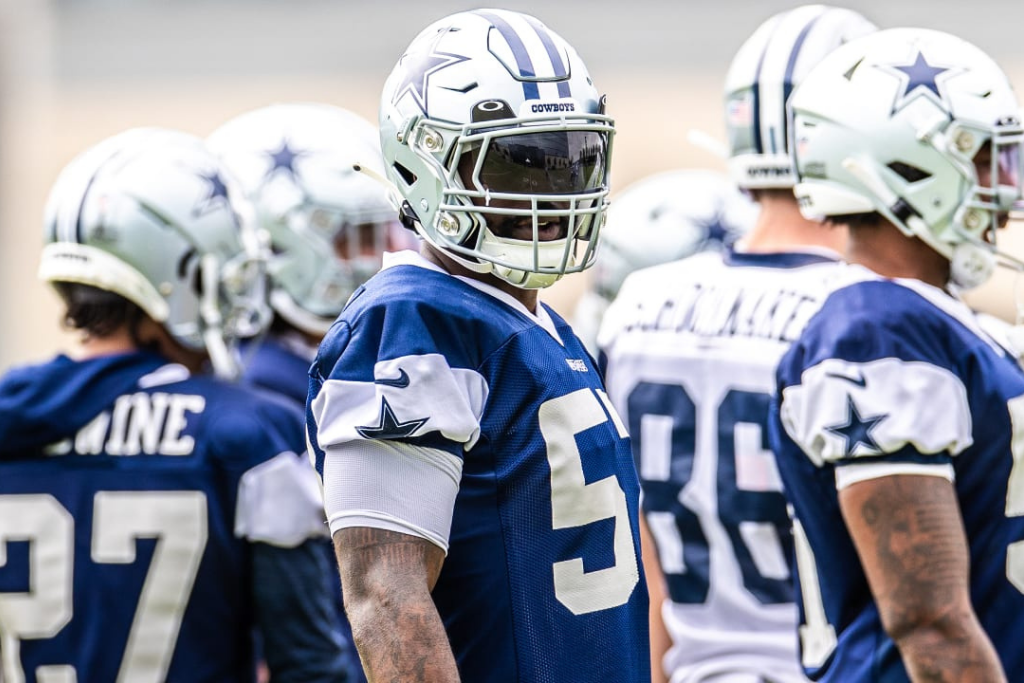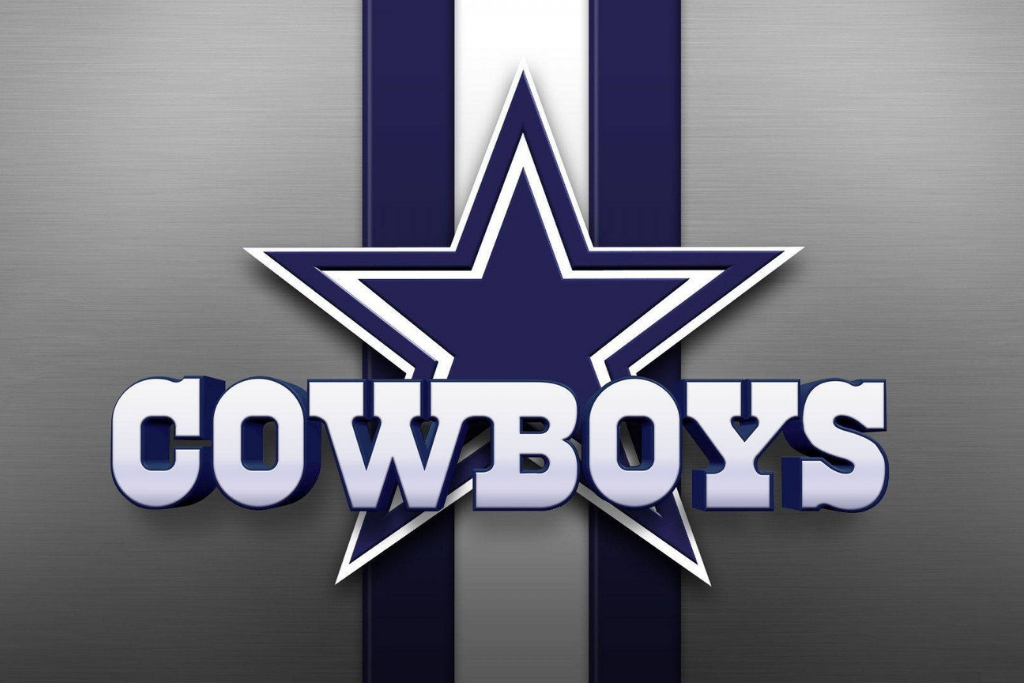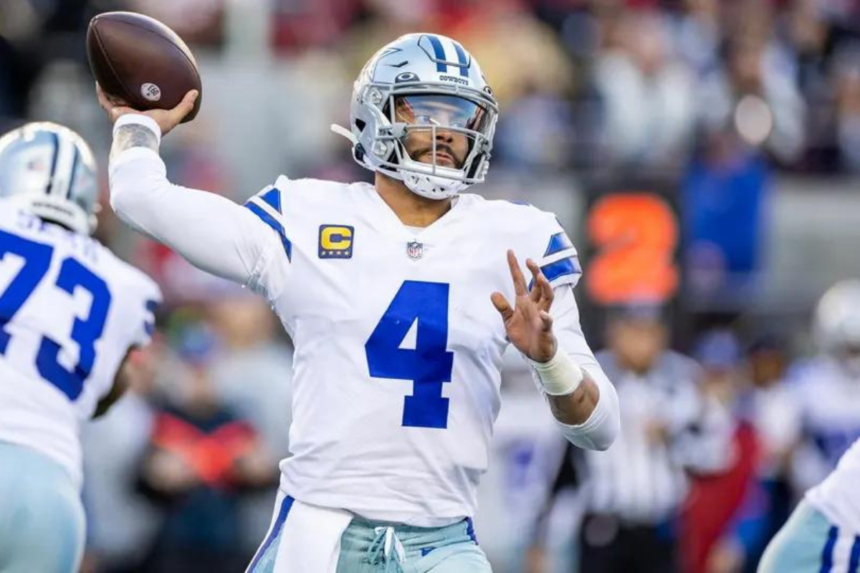The image of the cowboy has long been associated with the rugged and adventurous spirit of the American West. Cowboys, with their distinctive attire and way of life, have captured the imagination of people worldwide. In this article, we’ll take a closer look at these iconic western figures and explore their enduring legacy in popular culture and history.
Obey Your Cowboys: Iconic Western Figures and Their Legacy .
- Advertisement -
The Cowboys’ Origin
To understand the legacy of cowboys, we must first delve into their origins. Cowboys were primarily cattle herders and horsemen who played a vital role in the livestock industry of the American West during the 19th century. They were known for their exceptional riding and roping skills, as well as their ability to handle cattle in a challenging and often dangerous environment.

Iconic Western Figures and Their Legacy
The Cowboy Way of Life
Cowboys led a rugged and often nomadic way of life, working on cattle ranches, participating in cattle drives, and enduring harsh weather conditions. Their attire, characterized by Stetson hats, boots, spurs, and lassos, became synonymous with the American West. This lifestyle and their commitment to hard work created a distinct subculture. Iconic Western Figures and Their Legacy
The Language of Cowboys
Cowboys had their own unique jargon, a blend of English, Spanish, and indigenous languages. Phrases like “ride ’em cowboy” and “howdy, partner” are still part of modern-day vernacular, thanks to the influence of cowboys on the American language.
The Cowboy in Popular Culture
Cowboys have left an indelible mark on popular culture. Their portrayal in literature, film, and television has immortalized their image, turning them into iconic figures. From the tales of the Wild West in dime novels to classic Western films, such as John Wayne’s “True Grit” and Clint Eastwood’s “The Good, the Bad and the Ugly,” the cowboy has been celebrated and romanticized.
Cowboys in Music
Country music has been deeply influenced by the cowboy culture, with songs like “Home on the Range” and artists like Gene Autry and Roy Rogers contributing to the cowboy image in music. Even today, cowboy-themed music remains a beloved genre.
The Cowboy Legacy in Sports
The spirit of the cowboy is also present in the world of sports. Rodeo events like bull riding, bronc riding, and calf roping are direct descendants of the skills honed by cowboys in their daily lives. Rodeo competitions continue to draw enthusiasts and participants from around the world, keeping the cowboy legacy alive.

NLP and Voice Search in Cowboy History
In today’s digital age, understanding the legacy of cowboys is not limited to written content. Voice search and Natural Language Processing (NLP) have reshaped how people access information. To keep the cowboy legacy relevant in search results, content creators must target long-tail keywords and question keywords.
Voice Search Example
-
Voice Search Query: “Tell me about the iconic figures of the Wild West.”
-
Content Response: “The Wild West was shaped by legendary cowboys like Wyatt Earp, Billy the Kid, and Buffalo Bill. Let’s dive into their stories.”
Frequently Asked Questions
Q1: Who were some famous cowboys of the American West?
Some famous cowboys of the American West include Wyatt Earp, Billy the Kid, Buffalo Bill, and Wild Bill Hickok. These figures played significant roles in the Wild West’s history and have left a lasting legacy.
Q2: Are there still cowboys today?
Yes, there are still cowboys today, but their way of life has evolved. Modern cowboys continue to work on ranches and participate in rodeo events, preserving the traditions of their predecessors.
Q3: What impact did cowboys have on the American West?
Cowboys played a crucial role in the economic and cultural development of the American West. They helped drive the cattle industry, contributed to the cowboy image in popular culture, and left a lasting legacy of resilience and hard work.
In conclusion, cowboys are not just a historical relic; their legacy lives on in various aspects of modern life, from language and culture to sports and entertainment. As we adapt to the changing landscape of SEO, understanding the significance of cowboys in history and pop culture remains essential, ensuring that their enduring legacy continues to be accessible through voice search and online content.














